Kenya
We are on the beach, where our home is full of dystopian stories. My daughter Eve is whizzing through her A-level summer reading list, and as we share her books around we all have our noses in post-third world war Australia, the Republic of Gilead, in a submarine London and totalitarian future states. The novelist Lionel Shriver, an author of dystopias herself (with whom I once shared a house in Nairobi, before she called me a ‘spiritual pygmy’ in the dedication of her book Game Control) says, ‘The greatest joy of dystopian fiction is that it’s make-believe. We can experiment with disaster imaginatively, close the book, then mix that martini.’ I my case I grab a Tusker beer and head back upcountry to the farm to face a dystopia that is very real in the here and now.
During our last national elections in 2013 cattle rustlers raided the farm three nights in a row. I am still looking for seven breeding cows that were stolen and never came home. One night a bandit emptied a clip of AK-47 bullets into my car while I was driving to dinner at my neighbour’s house. This time we decided the family should stay on the coast for the elections on 8 August. Most of Kenya is entirely safe. Tourists are flocking to the Maasai Mara to see the annual wildebeest migration. Here in the Indian Ocean town where we stay at my mother’s house, people are very decent and we have never seen unrest. Life here is simple, with coconuts dropping from the trees and fishermen bringing the daily catch up the path from the beach each day.
I am therefore heading home to the farm alone, to be with our staff team and all the cattle during the election period. Our local MP recently appeared in court for allegedly promising to seize farms and kick all whites out of our ranching district of Laikipia if he wins power again. I do not know exactly what we are supposed to prepare for, but after many troubled months I feel we are like inhabitants of Hurricane Alley, or survivalist ‘preppers’ from Oregon, stockpiling supplies and expecting the worst. We are buying in diesel and petrol to last for two months, extra radio batteries, very powerful torches, a tonne of dry rations, quantities of beer, Branston pickle — that sort of thing. It is rather like preparing for a long safari, though we shall very much stay put in one place — all gates locked, no moving about after dark. Sandbags are being filled and placed strategically around the cattle bomas. Extra water is being pumped from the springs into the 100,000-litre farmstead tank. Luckily abundant recent rains have filled the dam we built this year for the cattle — and this is right inside the high-security electric fence perimeter that now surrounds our main compound, a project I pursued precisely to prepare for August. I had thought about trying to obtain a small drone and some night-vision kit but these items are expensive and we are broke, so alertness at all hours will have to do.
Since Claire recovered from cancer last year we have grown as much of our food as possible on the farm. It is completely organic. Certain things do not want to grow well in our soil, such as garlic, broad beans and for some reason potatoes. Just about everything else we need thrives in the kitchen garden — vegetables and fruit including citrus and bananas. We have chickens and geese, honey from dozens of beehives, mutton, tilapia fish from the dam and milk from the herd. This can keep me and two dozen workers going very happily for any period. We would never normally think of slaughtering our own cattle on the farm but in the recent hard times we have had about two die each month. As long they expire from starvation rather than disease we swiftly cut them up and eat them. It is amazing how quickly the carcass of a 450-kilo cow disappears between the kitchen and the staff camp. Whatever is not consumed fresh — including the bones, head, all the guts and even the hooves and blood — gets made into soup or biltong.
In a way subsisting off the land in this way is the good life and not a dystopia. As I wrote before, I am feeling bright about the future. It has already been raining quite heavily through July. I am putting all the family pictures back up on the walls and all the books are going back into the shelves. When it is all over the family will join me back home.
Got something to add? Join the discussion and comment below.
Get 10 issues for just $10
Subscribe to The Spectator Australia today for the next 10 magazine issues, plus full online access, for just $10.
You might disagree with half of it, but you’ll enjoy reading all of it. Try your first month for free, then just $2 a week for the remainder of your first year.


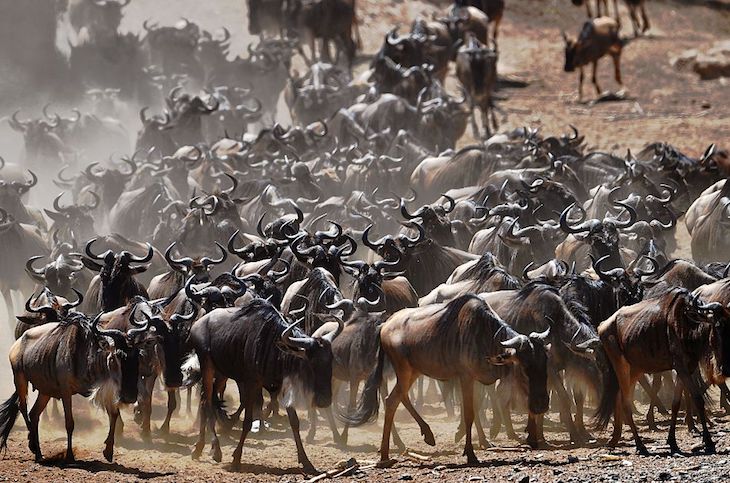
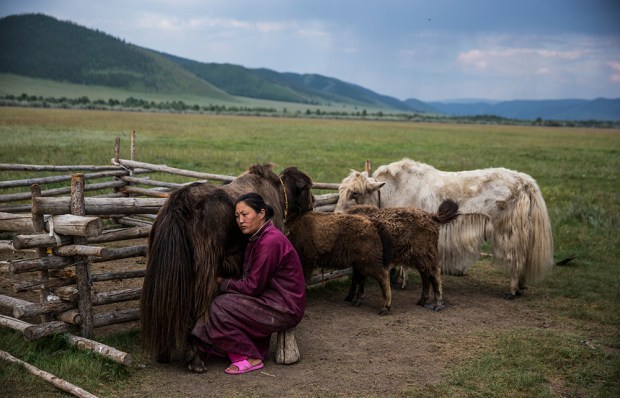
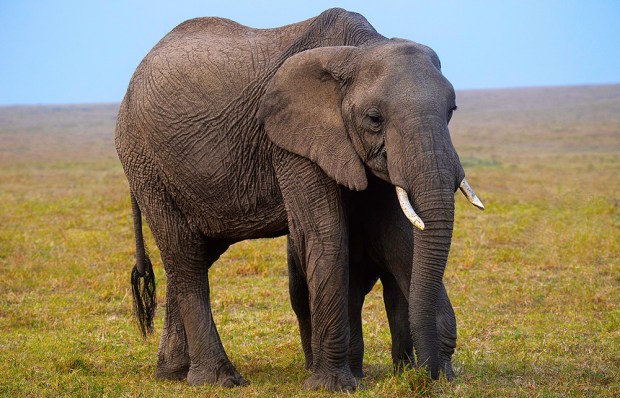
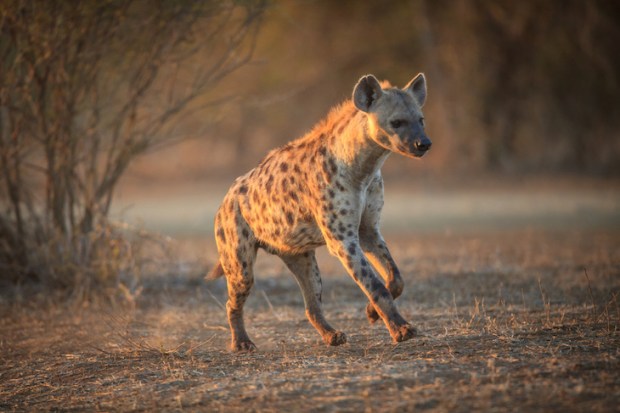
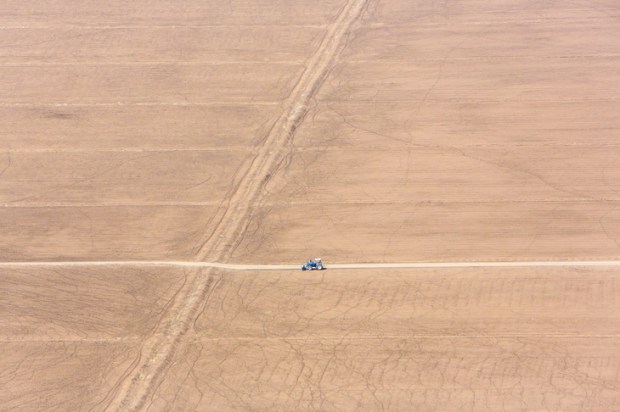
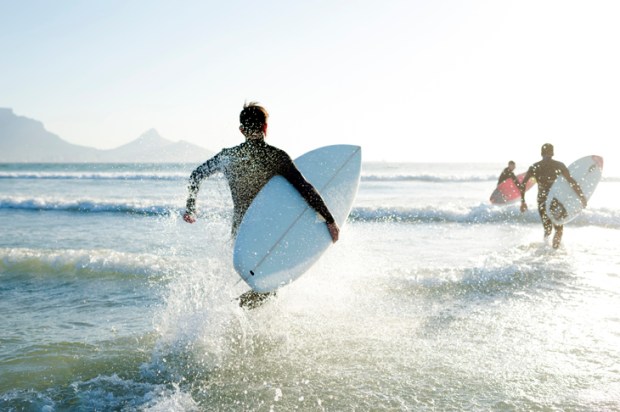
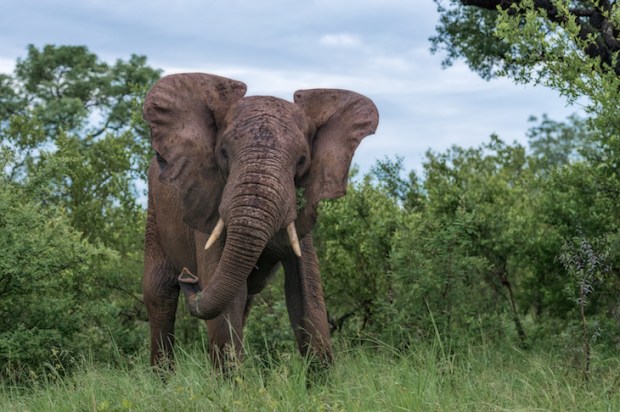






Comments
Don't miss out
Join the conversation with other Spectator Australia readers. Subscribe to leave a comment.
SUBSCRIBEAlready a subscriber? Log in